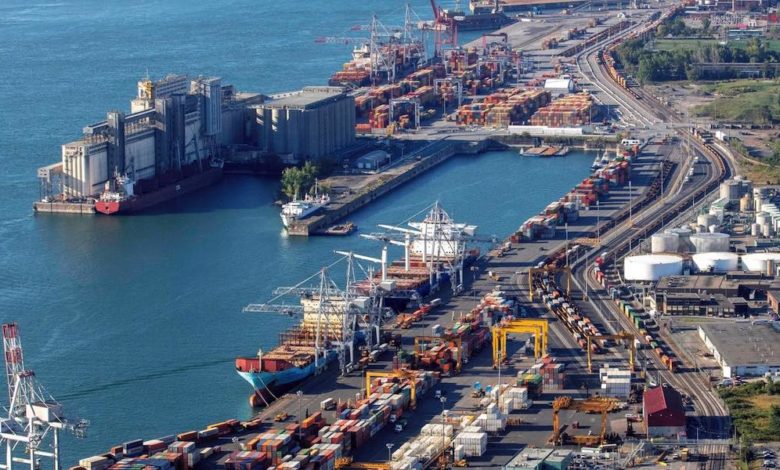ITF calls Canada’s back-to-work legislation an ‘illegal assault on human rights’ of Montreal dockworkers

Liberal and Conservative members of Canada’s federal government teamed up this week to pass legislation through the House of Commons to get striking Port of Montreal dockworkers back on the job. During the hours-long debate on Bill C-29, members of the New Democratic Party, the Bloc Québécois and the Green Party voiced their opposition to forcing the longshoremen to end their legal strike. On Thursday, the International Transport Workers’ Federation (ITF) added its voice to the protest.
Paddy Crumlin, president and Dockers’ Section chair of the ITF, said in a statement, “Justin Trudeau’s government has launched an assault on the human rights of their own citizens to withdraw their labour, in direct breach of Canada’s own constitution, its laws and its international commitments.” The ITF believes the proposed law may be illegal, saying that it contravenes not only the Canadian constitution and rulings of the International Labour Organisation, but also a 2020 ruling of the Canada Industrial Relations Board that said Montreal’s longshoremen do not provide an essential service and so cannot be restricted from striking during the Covid pandemic.
According to the ITF, the government is using the pandemic as an important reason for the strike ban.
In fact, users of the port, Canada’s importers and exporters, have emphasised that the ongoing economic impacts of the pandemic would be worsened by a lengthy strike. Numerous Canadian business associations have been lobbying the government for weeks, well before the strike began, to legislate a quick resolution.
Although Local 375 of the Canadian Union of Public Employees (CUPE), the union representing the Montreal dockworkers, has said the employer, the Maritime Employers Association, had no incentive to bargain once the government announced it would legislate employees back to work, Bill C-29 would, in addition, to ending the work stoppage, establish a neutral mediation-arbitration process to resolve the issues in dispute between the parties and conclude a new collective agreement.
